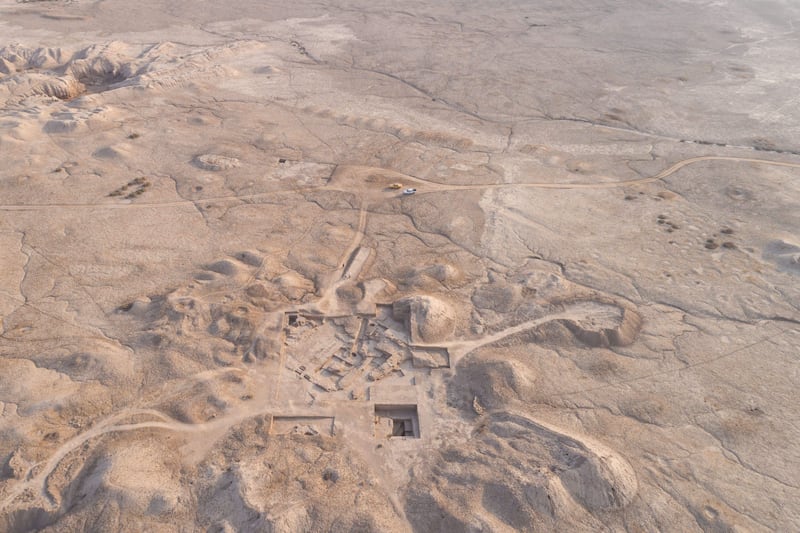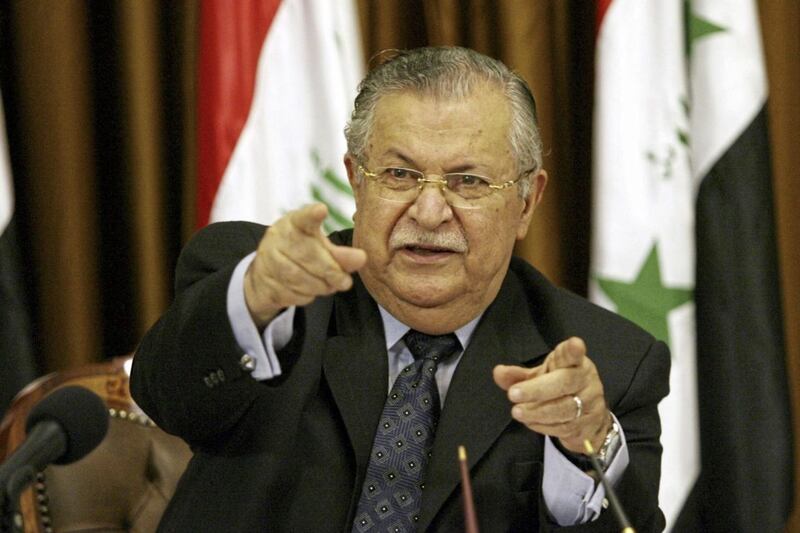Baghdad has opened its first skate park in what many hope will be the beginning of a drive to build more spaces for recreation and creative expression.
Car bombs and militant attacks are no longer a daily concern in the streets of the Iraqi capital, but many young Iraqis say their opportunities remain limited.
The city of nearly nine million people has seen some efforts to restore public parks and cultural spaces, though urban planning has largely overlooked youth-focused projects.
As the skate park was opened this weekend during a ceremony attended by foreign diplomats, sports officials and young athletes, some expressed hope things may be starting to change.
“I have been waiting for this moment for five years,” said Mohammed Al-Qadi, 19, one of the park’s first visitors.

The teenager, like many skateboarders in Baghdad, used to practice in public spaces such as Al-Zawraa Park and Abu Nawas Street, but skaters were often chased off by authorities, risked colliding with cars, and faced safety risks due to uneven terrain and lack of designated areas.
“Before, we were often forced to move or got injured because there were no proper places for us,” he said. “Now we have a safe space, and I hope this is just the beginning.”
The facility, located within the Ministry of Youth and Sports complex near Al-Shaab International Stadium, was completed in three weeks with support from the German and French embassies.
The project underscores growing international interest in developing Iraq’s sports infrastructure, particularly for activities beyond the country’s traditional focus on football.
Mr al-Qadi and other enthusiasts are now pushing for the formation of a national skating federation that could pave the way for participation in international competitions, including the Olympics.
“We have 25 male and female skaters now, but with this park that number will definitely grow,” he said.

The skate park has sparked enthusiasm among female skaters, despite lingering societal resistance to girls participating in the sport seen as rough and sometimes dangerous.
“I hope to compete internationally now that we finally have a place to train,” said Rusul Azim, 23, who attended the opening in sportswear and a hijab.
Skating remains far less popular in Iraq than football and other mainstream sports, but Ms Azim said she believes the new facility will encourage more young people – especially women – to take up the activity.
Zainab Nabil, 27, also came to the opening of the park despite the fact her family disapproves of her skating.
“I am here to show that women belong in this sport too,” she said. “I hope there will be separate days for women and men, so more girls feel comfortable joining.”
For now, the skate park stands as a small but significant step towards providing Iraq’s youth with a place of their own.
“We need more places like this – safe spaces where young people can be active, express themselves, and dream of something bigger,” Mr al-Qadi said.








